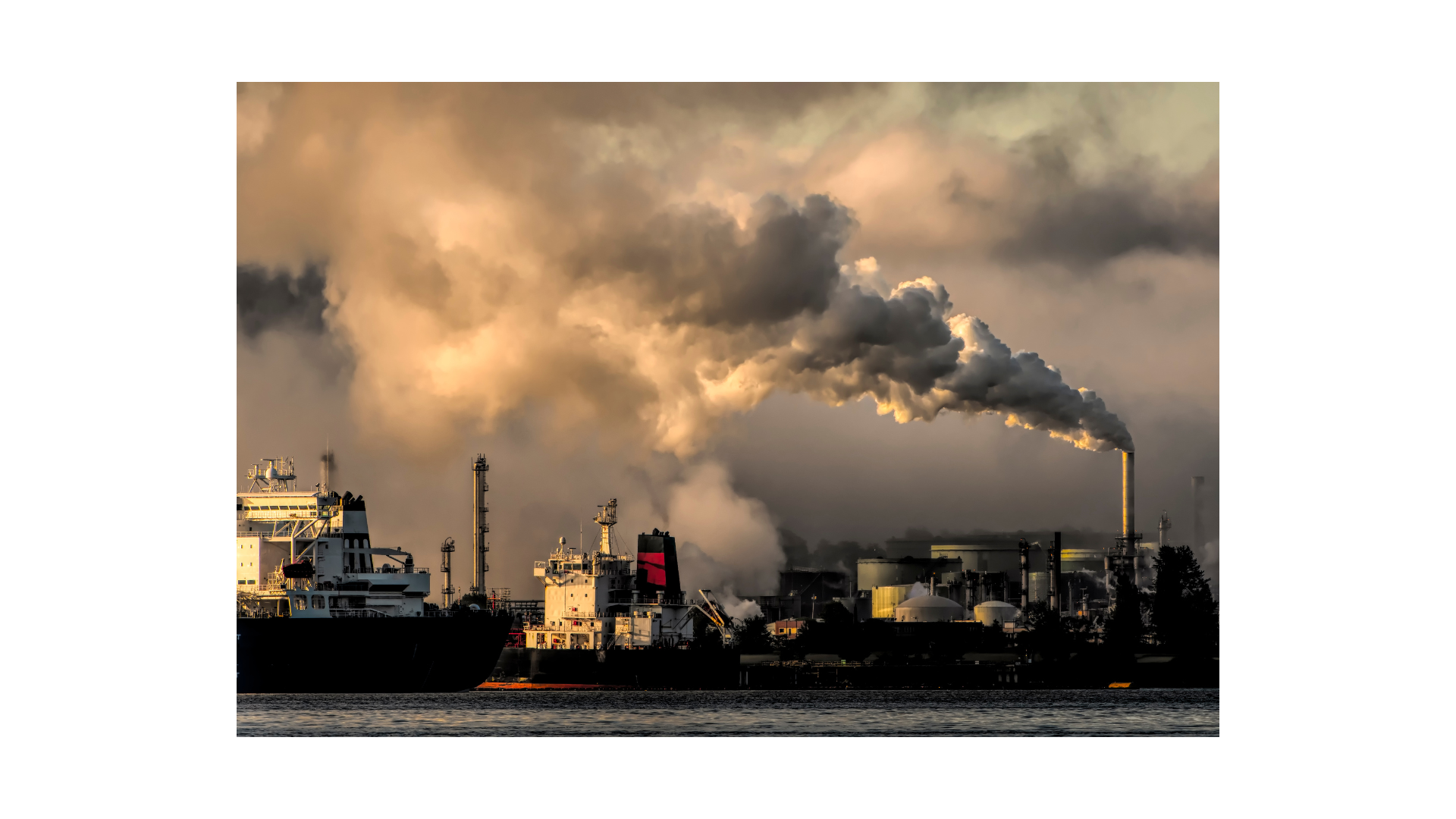What is this market? How does emissions trading work?
The carbon market works from the acquisition of green bonds, which account for tons of carbon dioxide equivalent (CO2e), by individuals or companies that want to offset their environmental impact.
At what level is this discussion in Brazil and in the world?
Currently, there is no regulated carbon credit market in Brazil. Companies committed to the environment have been voluntarily offsetting their emissions, even if there is still no legal obligation to do so.
In other regions, however, there is a different scenario. The European carbon market, the best structured in the world, for instance, operates based on the granting or sale of annually reduced pollution “permits,” with which polluting companies are able to purchase credits from those emitting below the target ceiling.
What is Brazil’s potential?
Scholars claim that the country can move billions of dollars and generate millions of jobs with the carbon market. What is more, Brazil’s active participation would contribute to achieving the goal of limiting global temperature increase to 1.5°C, which is now considered unlikely by the World Meteorological Organization.
What are the main obstacles to the proposal?
There are several challenges for the advancement of the proposed regulation of the Brazilian carbon market, from the manpower’s quality to the regulatory intricacy.
In a report prepared by the International Chamber of Commerce (ICC Brazil), teaming up with Way Carbon, factors such as legal uncertainty, regulatory and legislative complexity, lack of transparency, quality assurance, to name a few, were considered as obstacles to the progress of carbon market regulation.
What does clean energy development and production have to do with the carbon market?
The replacement of traditional power sources with renewable ones, such as wind and solar power, also plays a part in the economy’s decarbonization journey, besides ensuring, in the medium-long run, a competitive edge for companies.
How will this market impact people’s daily lives?
In addition to strengthening the economy and generating job opportunities in the country, carbon market regulation will contribute to achieving the UN’s sustainable development goals, which are crucial to ensure the wellness of our population in the future.
Available at:https://noticias.r7.com/brasilia/em-debate-no-senado-marco-legal-do-mercado-de-carbono-pode-destravar-us-120-bilhoes-ate-2030-06092023
Autor: Yuri Arraes Fonseca de Sá • email: yuri.sa@ernestoborges.com.br • Tel.: +55 67 3389 0123+55 67 99271 2013

